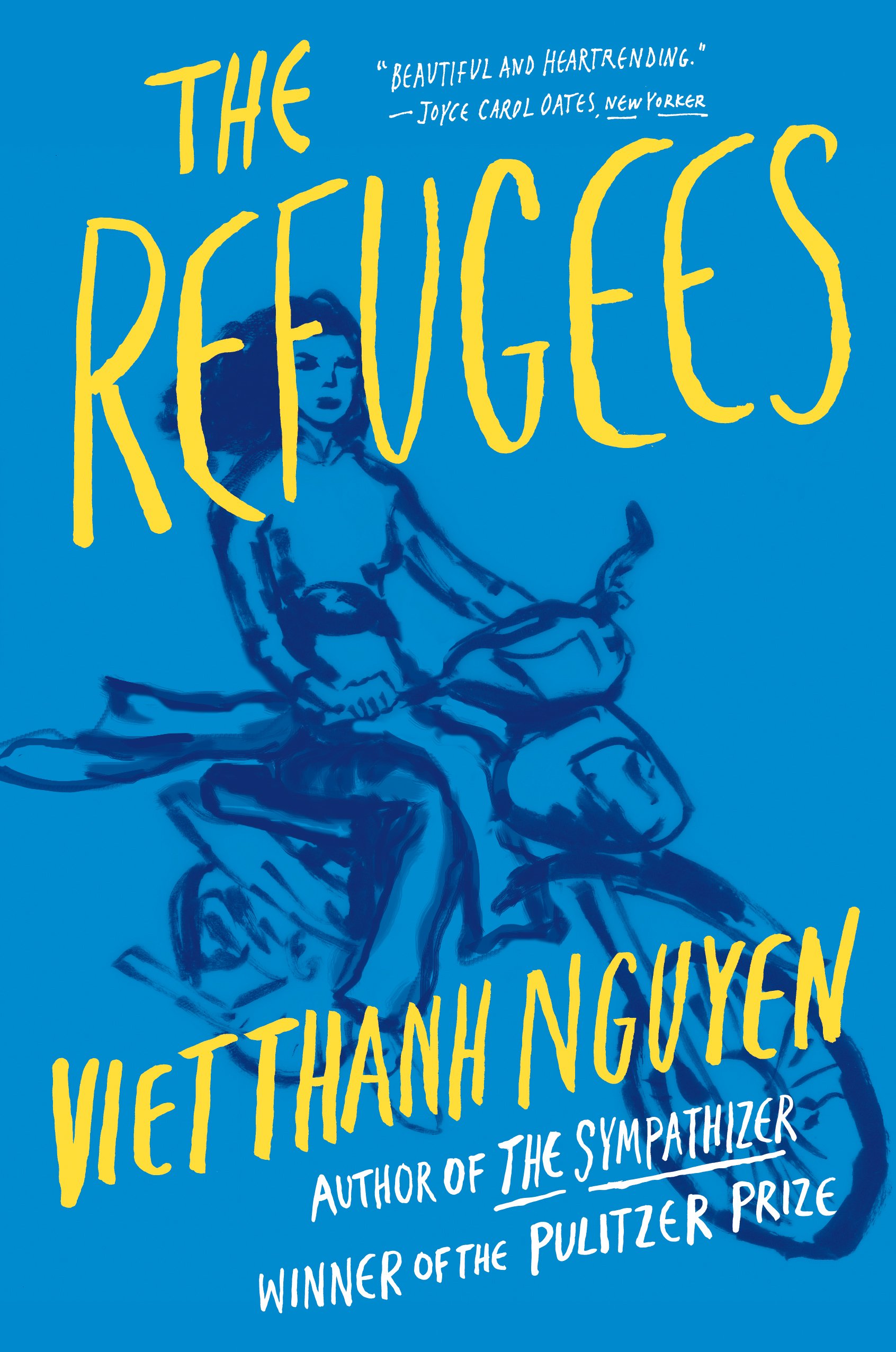By Samantha Pak
Northwest Asian Weekly
 Empire of Sand
Empire of Sand
By Tasha Suri
Orbit, 2018
As the daughter of a nobleman, Mehr lives a privileged life. But with an Amrithi mother, that privilege is limited. In an empire built on the dreams of enslaved gods, the Amrithi people are both shunned by society and coveted for the power in their blood, the power in Mehr’s blood.
And while her imperial governor father does what he can to protect her, her power comes to the attention of the Maha and the emperor’s most feared mystics. Before anyone knows what’s happening, Mehr finds herself married to one of the Maha’s servants and trapped in a situation with no real way of escaping. So as she and her husband begin to trust each other, they work together to figure out a way to escape their enslavement.
“Empire” features a strong heroine caught between two worlds. Although she has lived a sheltered life up until her marriage, Mehr uses the skills she learned living in an environment where the only thing keeping her from being shunned was her father’s status.
Despite the low status from being Amrithi, Mehr has great pride in her heritage. She partakes in the traditions and rituals. Everyone may hold this against her, but she sees it as a point in her favor. But as much as she values this side of her background, she does not appear to feel the same for her father’s side of her heritage, despite the protection it offers in society. It isn’t until her father points this out that it is made clear to her and the readers that she comes from two cultures, which is something I appreciated seeing.
Suri has built a world inspired by Mughal India that is complex and complicated, with many moving parts.
Despite this complexity, the story is easy to follow and comes down to people finding the strength and bravery to stand up for themselves and do what’s right.
 The Matchmaker’s List
The Matchmaker’s List
By Sonya Lalli
Berkley, 2019
As she approaches 30, Raina Anand has finally succumbed to the familial pressure of allowing her grandmother to play matchmaker. As soon as she receives the green light, Raina’s nani comes at her with a list of possible suitors.
And before she can say “yes,” Raina finds herself on blind date after blind date with men, one of which her grandmother hopes will be “the one.” Needless to say, hilarity and awkwardness ensues. Whether it is a lack of chemistry or the man already being attached, Raina can’t seem to find a good match. And when the pressure and hassling gets to be too much, her actions (or lack thereof) lead to some very real consequences.
“List” is a story about a woman with modern sensibilities, but is fiercely loyal to her grandmother. Throughout the story, we see Raina struggle with figuring out what she really wants in life — not just in her romantic relationships, but in all aspects of her life. This is something many people can relate to: trying to fulfill others’ expectations while doing something that fulfills them.
There is plenty of drama to keep readers engaged, from Raina’s family dynamics to her relationship with her best friend Shay. The characters are complex and multifaceted, thus making their issues complex and multifaceted as well. Lalli does a great job of drawing out the conflicts among characters realistically without it being too long to lose readers’ attention.
Readers also catch a glimpse into the close-knit Indian immigrant community in Toronto. We see how the community is working to come into the 21st century when it comes to marriage and relationships. We also see people come together in times of crises despite their differing beliefs and values.
 The Refugees
The Refugees
By Viet Thanh Nguyen
Grove Press, 2018
Moving to a new country can be difficult. There are many things to deal with, from meeting new people and establishing yourself in a new community, to possibly learning a new language and culture.
But moving to a new country after leaving almost everything behind in the wake of war or tragedy, as many refugees do, can make things exponentially more difficult.
Nguyen’s “Refugees” is a collection of stories set in both Vietnam and the United States. From a young Vietnamese refugee experiencing culture shock after learning the new sponsors he has come to live with in San Francisco are a gay couple, to a woman who sees the ghost of her brother who has died years prior, he tells the tales of people from two worlds following the Vietnam War: their home country and their newly adopted country.
Nguyen shows readers the hopes and dreams people have for themselves and their families when they choose (though it may not always be by choice) to leave their home for a new one. He also shows us the struggles that may come from that decision, or non-decision.
One of the things I enjoyed about these stories was that the various protagonists were both men and women of varying ages, with different lives in Vietnam before they ended up in the United States (or not). The length and duration of their time in their new country also varies, from their earliest days to the twilight years of their lives.
Despite these differences, there is a common theme of migration, and the good and bad that come with it.
For anyone who has been where these characters have been, Nguyen shines a light on their experiences. But for those who have not, he offers us insight and with each story, puts us in these characters’ shoes, helping us to understand the life of a refugee.
Samantha can be reached at info@nwasianweekly.com.



